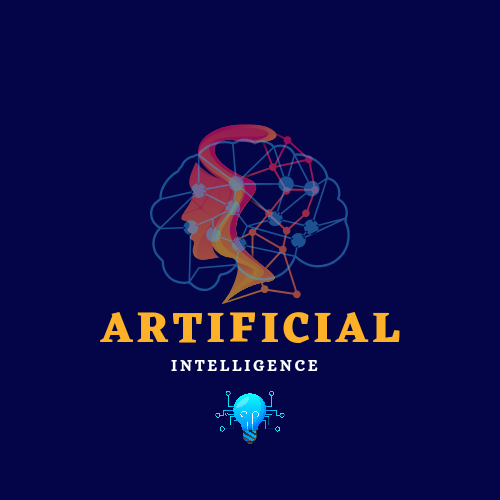Artificial Intelligence: Pioneering a New Era
Artificial Intelligence: Pioneering a New EraIntroductionArtificial Intelligence (AI) has emerged as a transformative force, pioneering a new era in the way we perceive and interact with technology. Rapid advancements in machine learning, data analytics, and computing power have propelled AI from a concept in science fiction to a reality that permeates various aspects of our daily lives. This expansive integration is reshaping industries, challenging traditional norms, and unlocking unparalleled opportunities for innovation. As we delve into the intricacies of AI’s evolution, it becomes evident that we stand at the forefront of a technological revolution that promises to redefine our world.The Evolution of Artificial IntelligenceThe roots of AI trace back to ancient philosophy and myths, where the idea of creating intelligent beings captivated human imagination. However, it was not until the mid-20th century that AI as a field of study gained momentum. Alan Turing’s groundbreaking work laid the theoretical foundation for machine intelligence, and subsequent decades saw the development of early AI models and algorithms.The real turning point came in the 21st century, driven by a confluence of factors. Increasing computational power, the availability of vast datasets, and breakthroughs in neural network architectures fueled the resurgence of AI. Machine learning algorithms, particularly deep learning, demonstrated unprecedented capabilities in image recognition, natural language processing, and complex problem-solving.Applications Across IndustriesAI’s influence extends across diverse sectors, fundamentally altering the landscape of industries. In healthcare, AI is enhancing diagnostics, predicting disease outbreaks, and personalizing treatment plans. In finance, algorithms are optimizing investment strategies, detecting fraud, and automating routine tasks. Education, manufacturing, retail, and logistics are also witnessing the transformative impact of AI, streamlining operations and fostering innovation.Autonomous Vehicles: Redefining TransportationOne of the most prominent manifestations of AI’s impact is the development of autonomous vehicles. Companies like Tesla, Waymo, and Uber are investing heavily in AI-driven technologies to create self-driving cars. These vehicles utilize advanced sensors, computer vision, and machine learning algorithms to navigate complex road environments. The promise of increased safety, efficiency, and reduced traffic congestion positions autonomous vehicles as a pioneering application of AI in the transportation sector.Personalized Experiences in TechnologyAI is redefining the way we interact with technology on a personal level. Virtual assistants like Siri, Google Assistant, and Alexa leverage natural language processing and machine learning to understand and respond to user queries. Recommender systems, powered by AI algorithms, provide personalized content suggestions on streaming platforms, e-commerce websites, and social media. This level of customization enhances user experiences, making technology more intuitive and user-friendly.Ethical Considerations and Responsible AI DevelopmentAs AI continues to evolve, ethical considerations become paramount. Concerns about bias in algorithms, data privacy, and the potential impact on employment raise questions about the responsible development and deployment of AI. Striking a balance between innovation and ethical considerations is crucial to ensure that AI benefits society at large without exacerbating existing inequalities.Challenges and OpportunitiesWhile AI presents unprecedented opportunities, it also poses challenges that demand careful navigation. Ensuring transparency in AI decision-making, addressing bias in algorithms, and establishing robust regulatory frameworks are critical aspects of responsible AI development. Collaboration between technologists, policymakers, and ethicists is essential to harness AI’s potential while mitigating its risks.The Future of AIThe trajectory of AI’s evolution suggests a future characterized by even greater integration into our daily lives. Continued advancements in AI research, coupled with interdisciplinary collaborations, will likely lead to breakthroughs in areas such as natural language understanding, emotional intelligence, and creativity. As AI becomes more sophisticated, its applications will extend into realms we can only imagine today.ConclusionArtificial Intelligence is undeniably pioneering a new era, reshaping industries, and redefining our relationship with technology. From autonomous vehicles to personalized virtual assistants, the impact of AI is pervasive and transformative. However, as we embrace the promises of AI, it is imperative to address ethical considerations, foster responsible development, and actively engage in shaping the future of this groundbreaking technology. The journey into the era of artificial intelligence is marked by challenges, opportunities, and the collective responsibility to ensure that AI enhances the human experience while upholding ethical standards.




